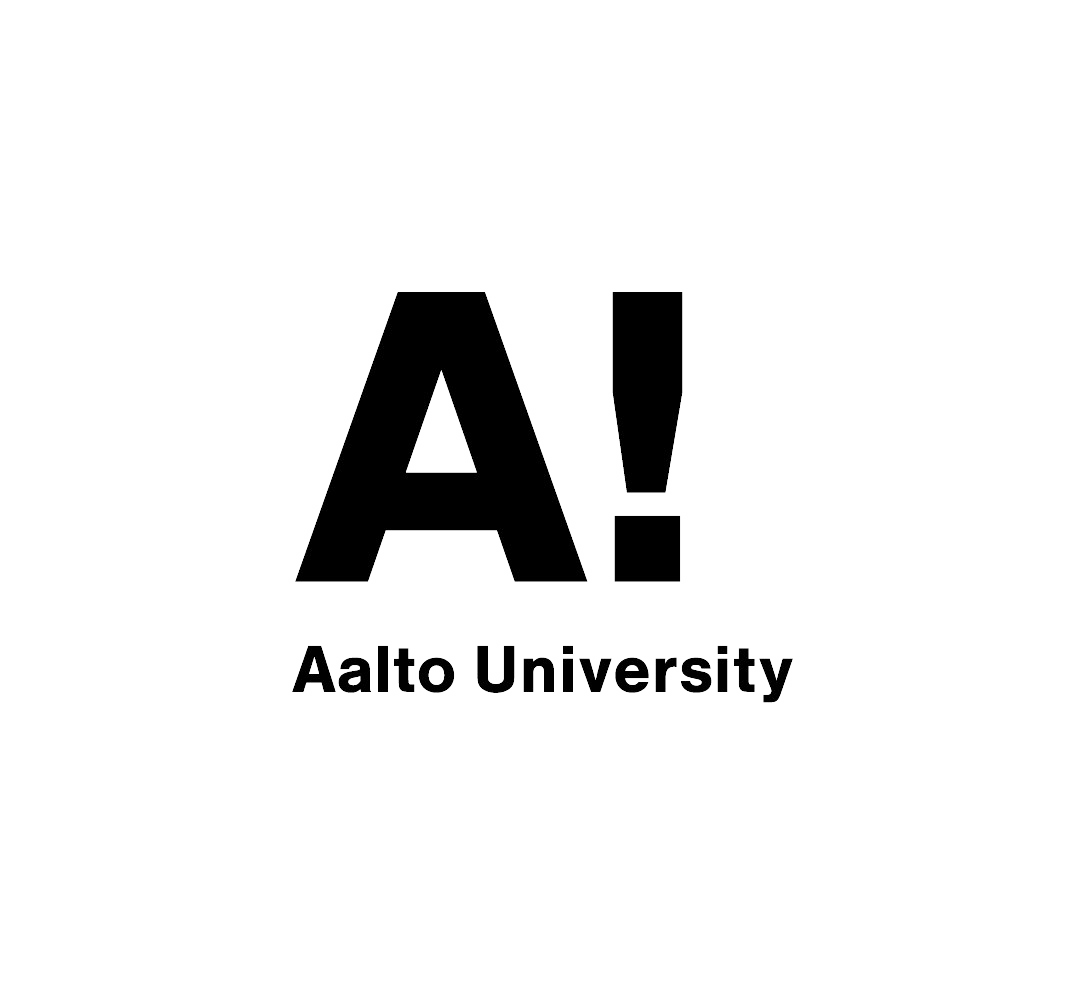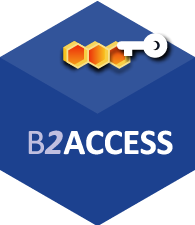
Contacts
Overview
Creation of a central online location for data sharing for all Aalto University researchers. This will host both data and metadata: the name, description, ownership, source, and information on usage. Other dataset hosting sites exist, so our main target use case expanding EUDAT scope is intra-Aalto University interaction. Researchers with data analysis skills will be able to find data related to their work, as well as the domain experts responsible for that data. The solutions should be tightly integrated to existing computing resources and Big Data platforms available nationally.
The Scientific Challenge
In Aalto University, Big Data and Data Science have been recognized as key areas of ICT and digitalization at all levels of rapidly developing socio-economic societies. These systems generate ever-increasing amounts digital data, which can in unprecedented ways serve as a gold mine for researcher of various disciplines to study as well as enable the private sector players and public sector to develop their services, processes and technologies. Hence there is need to respond and find solutions to this data deluge, which is also reflected in the Aalto University application for profiling of Finnish Universities.
We have identified a set of design requirements that may pose also as a technical challenge. A few such are the requirements of 1) the metadata of datasets is full text searchable, 2) published datasets are assigned a persistent identifiers, 3) there are no restrictions to the type of uploaded data, 4) the datasets in the system can be made public for all the world to see, 5) the tool imposes no restrictions to the type of research data stored, 6) the metadata templates offered by the system satisfy the needs of different fields of science and also national requirements, 7) the system should be integrated to the already existing user management system.
Who benefits and how?
Aalto University is built on the idea of maximizing cross-disciplinary work. One goal of making research data visible and shareable within Aalto is to enable sharing of data (be it e.g., brain images, digital images and video data, large scale social networks, genomics datasets, market research or digital cultural heritage) bringing together people interested in similar areas.
The impact of an end to end data management solution would be in extracting the existing data scattered around in Aalto, making existing and future research more impactful by providing credibility and openness to the research and make studying in Aalto a more rich experience. Sharing research data is the way of future and the sooner we get into that, the better it is for us. Aalto University is optimal for cross-disciplinary work, since that is strongly encouraged already.
- Pilot users from all schools of Aalto;
- Already engaged during the initial analysis.
Benefits
- Tools for data lifecycle management;
- Tools for publishing and linking your data to your research;
- Getting the research out there (currently in whatever dropboxes and thumb drives you have);
- The role of libraries in the digital world as experts of metadata management;
- Making data available like this enables people to find possible future partners, not just within Aalto but from other institutions as well.
Technical Implementation
Aalto University’s research data management policy aims to facilitate research data management for utilizing the data properly, making it easily reusable and more valuable. As a part of the EUDAT Data Pilot we did Master’s Thesis “Usability and User Experience Evaluation of EUDAT Services”. This work evaluates the usability and user experience of B2DROP, B2SHARE, B2FIND, and B2ACCESS EUDAT services. Moreover, the available functionalities of evaluated services are also covered. Two usability evaluation methods, feature inspection and usability testing are used for evaluating EUDAT services applicability to Aalto Data Repository.
Feature inspection process is straightforward. For each feature in every EUDAT service, its accessibility, understandability, and capability are inspected. The issues are classified each into two categories: the problem and the suggestion. The problem means that a feature does not function as it is supposed to. The suggestion means that a feature is working properly, but there is something that needs to be improved. The suggestions are also used to propose new features for EUDAT services. In total, this evaluation discovered 16 problems and proposes 26 suggestions for EUDAT services.
Usability testing consists of a set of predefined tasks that is given to test users by the inspector one at a time. Test users are asked to complete given tasks and answer to the questionnaire. Inspector records completion time of each task and observes test users’ actions and answers. In total, this evaluation discovered 12 problems and proposes 67 suggestions for EUDAT services.
Preliminary Results
The evaluation results and test user’s feedback show that EUDAT services are quite applicable to Aalto University’s research data management platform although we still need for the complete development of the B2SHARE, B2DROP and B2FIND services to be widely used by researchers in Aalto University.


